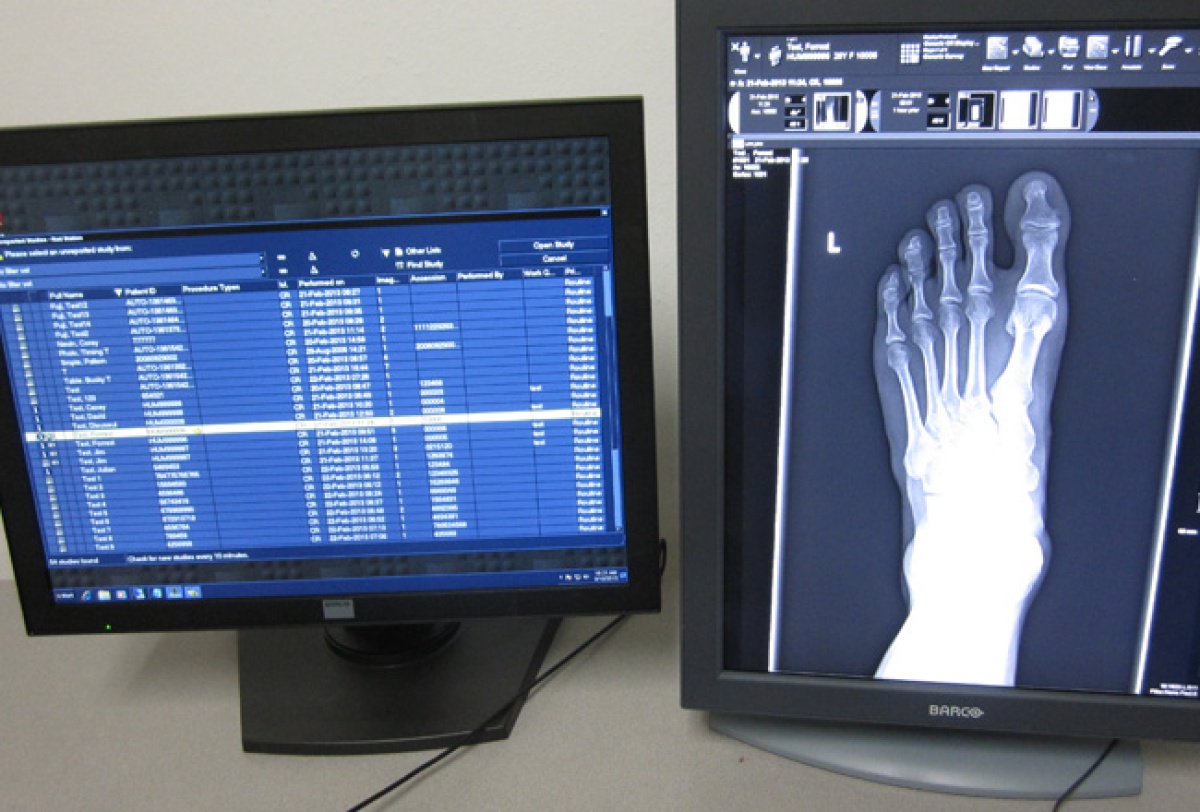Working in Global Health: Advice from PIH's Ellen Ball
Posted on Feb 14, 2014

Starting a career in global health can be intimidating. It’s a diverse field that evolves quickly and demands collaboration across disciplines, from finance to supply chain and logistics, to computer programming.
Each month we ask a seasoned colleague to share advice for those interested in forging a career in global health. This month we asked Software Engineer Ellen Ball, who’s been working on PIH’s medical informatics team for a decade.
In my past life as a software developer for a Fortune 100 company, the goal was always the bottom line. At Partners In Health, and many other nonprofits working to improve global health, it’s not about making the most money for shareholders and chasing bigger paychecks. It’s about social justice and human rights. The passion and dedication are indescribable.
After graduating in 1984 with degrees in electrical and biomedical engineering, I was attracted by a generous job offer from the biggest and most prestigious tech company at the time. Although the work was interesting, the feeling that there must be a more meaningful path and a way to return to the medical field lingered. I knew my technical background and coding expertise could be leveraged to improve the lives of vulnerable and marginalized populations. After two decades in the corporate world, an opportunity to combine software and global health seemed like the perfect fit. Global health was a totally new world, but it was exciting. After 10 years at PIH, I don’t look back.
Follow and adapt the latest technological advances while appreciating the differences in other settings—settings where Internet access and electricity are not always available.
Software has so many uses, which is why it is immensely satisfying to build programs that improve patient care in rural health centers across the world. The work of PIH’s medical informatics team has helped clinicians gain a better understanding of the cholera epidemic in Haiti, monitor HIV patients in Rwanda, and design effective tuberculosis treatment platforms in Lima, Peru, to name just a few of our accomplishments.
Over my time at PIH, it’s become evident that clear communication with colleagues is essential, so learn a second language or more. Listen attentively and don’t hesitate to speak. Follow and adapt the latest technological advances while appreciating the differences in other settings—settings where Internet access and electricity are not always available. Bleeding-edge isn’t always the best solution. Jump into the community by volunteering your time and talents.
Whereas most of my work in the private sector was proprietary, PIH’s intent is quite the opposite. Our electronic medical record system is free and open source. It is designed, built, maintained, and used by a worldwide community of volunteer contributors in more than 40 countries. We collaborate digitally through software and over the Internet. Anyone can contribute code, documentation, or expertise. Although we work in different parts of the world, we encounter the same challenges. Problems in post-earthquake Haiti and typhoon-affected areas of the Philippines are not different—there is sickness, poverty, malnutrition, devastation, and recovery.
Our colleagues are thirsty for mentorship and technical know-how. We learn from each other to build a more extensive and robust system. PIH and the OpenMRS community have participated in the Google Summer of Code program for the past seven years. It’s a great way to improve coding skills and work with an experienced mentor while improving OpenMRS.
Whether you’re new to the workforce or a well-versed expert looking to change paths, find ways to get involved and stay open to new challenges.

